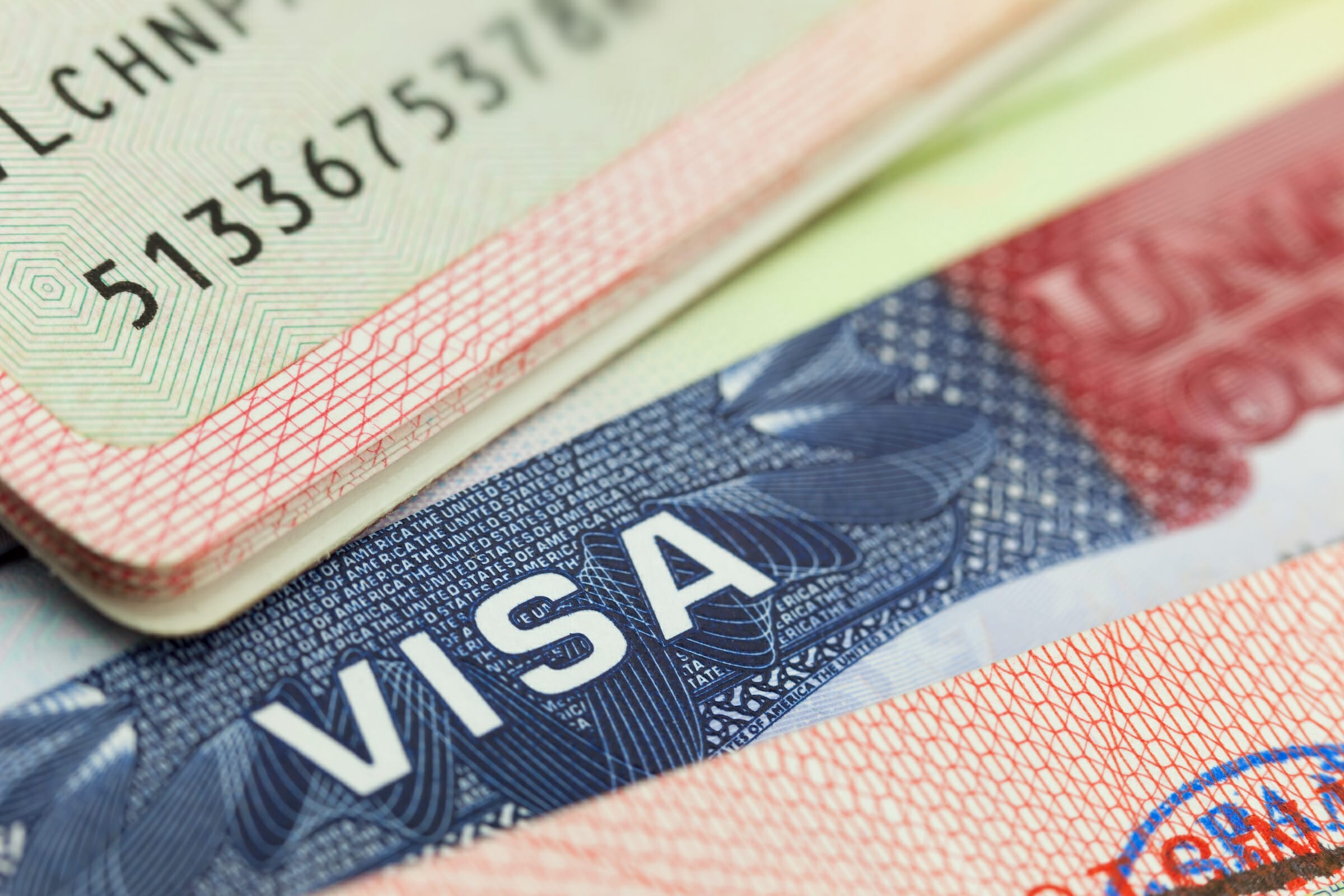Whether you’re planning to start your own company or expand your existing one, there are several factors you need to consider before establishing a company in Thailand. First, you must be registered with the labor department. You’ll also need to register for VAT if your business will be earning more than 1.8 million Thai Bath in a year. However, some businesses are exempt from this requirement. Another important step is to register for social security if you have employees. You’ll need to submit contributions every month. If you’re looking for additional services in Thailand, you can open a bank account in the company’s name and even apply for Internet banking. While some businesses are not required to register, others cannot operate until these requirements are met.
Forming a Company
If you’re planning to start a new business in Thailand, you’ll need to form a company. There are several ways to do it. You can hire a local partner to help you with the process. The Thai laws are complicated, and a professional company can ensure your company is compliant with them. For instance, it is best to have at least three promoters, all of whom must be real people. Each promoter should reserve at least one share in the new company. You can also own a minority of the company.
You can also set up a representative office or a dependent branch office in Thailand. The first step is to reserve a business name with the Department of Business Development. After that, you’ll need to deposit 25 percent of your registered capital into a Thai bank. The next step is to file a Memorandum of Association with the Business Development Office at the Ministry of Commerce. In it, you’ll need to list the name and address of your new business, as well as details on capital and scope. Once this is done, you’ll receive a Company Affidavit from the Business Development Office.
Minimum Capital Requirement
When starting a business, it’s essential to have sufficient capital to operate the company successfully. In Thailand, this capital will vary depending on the type of company and the structure of the company. Generally, a private limited company needs more than 15 Thai Baht as capital, but the minimum requirement varies depending on the type of business.
For foreign businesses aiming to conduct business in Thailand, there are specific minimum capital requirements that must be met. The amount depends on the type of entity, the activities it will engage in, how many foreign employees it will have, and whether it will need to obtain a Foreign Business License (FBL) or a Foreign Business Certificate (FBC). If it is a company that requires an FBL, it must have a minimum of three million baht in capital. However, if the company intends to operate in Thailand without an FBL, it may be allowed to have as little as two million baht.
Thai law requires that a limited company has three shareholders. It also prohibits the issuance of shares with a par value lower than THB 5 or treasury shares. However, it does not prevent one person from owning more than one company.
Tax Incentives
Creating a business in Thailand can be an advantageous endeavor for many reasons. First of all, registering a company in Thailand can give you access to tax incentives for international companies. Thailand’s Board of Investment (BOI) offers various tax incentives to qualified investors. These include duty exemptions and corporate income tax breaks.
Companies can receive tax holidays for up to 13 years if they meet certain requirements. These incentives include an exemption from corporate income tax for at least two and a half years and a reduction in the headline corporate income tax rate from 20 percent to 15 percent. However, this advantage applies only to companies that invest at least 200 million baht into research and development during their first three years of operation.
Registering a company in Thailand requires a number of documents, including an application form and a list of shareholders. The process of company registration can be completed online or manually. However, it is important to note that companies must submit all required documents in the Thai language. Most foreign entities hire a local law firm to process these documents for them. A firm must also register with the Ministry of Labor and Industry before engaging in production activities.






